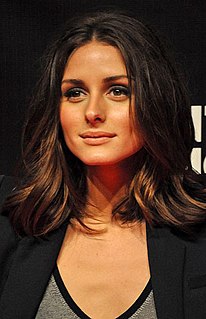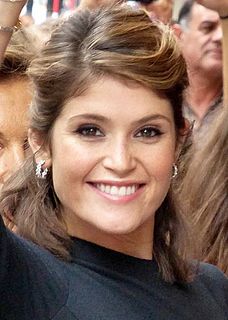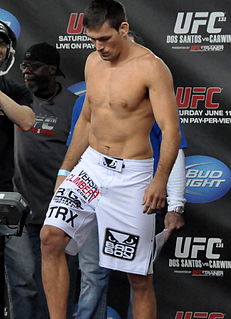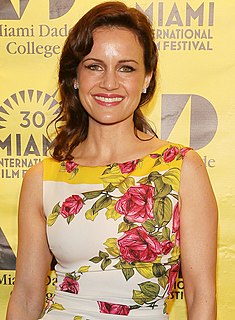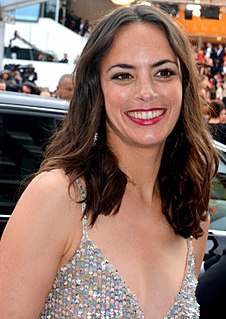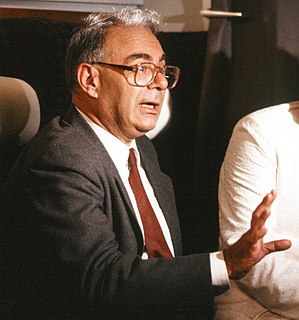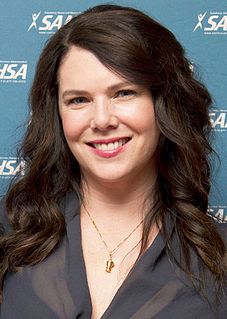A Quote by Olivia Palermo
Related Quotes
The 60s were a continuation of the 50s much more than people realized. Certainly in some countries, like Britain, there was still a culture of deference, whereas in the 70s we really are in a time of angry transition. The generation that came into young adulthood in the 70s couldn't find jobs; that wasn't true in my generation. They entered a time when two depressing things hit them both at the same time.
I was seduced by the nouvelle vague, because it was really reinventing everything. And the Italian cinema that one would see in the theaters in the late '50s, early '60s was Italian comedy, Italian style, which, to me, was like the end of neo-realism. I think cinema all over the world was influenced by it, which was Italy finding its freedom at the end of fascism, the end of the Nazi invasion. It was a kind of incredible energy. Then, late '50s, early '60s, the neo-realism lost its great energy and became comedy.
I never thought about how I didn't have a cell phone or I'm in 2011. I was just so happy to be able to be a character in the 30s and there are these actresses that I really liked in the 40s, 50s and 60s in American movies that I've seen since I was a little girl. But you don't really think like that when you prepare for a role.
In the '60s when I started to see everything I could see, you could see pretty much everything which was still available from the '30s, '40s, '50s, '60s, and therefore I had an education which was really large and vast in different cinema. That's probably the reason I did not fall for the New Wave. It's really the love of the movies that made me want to become a cameraperson, definitely. I was really a film buff.
